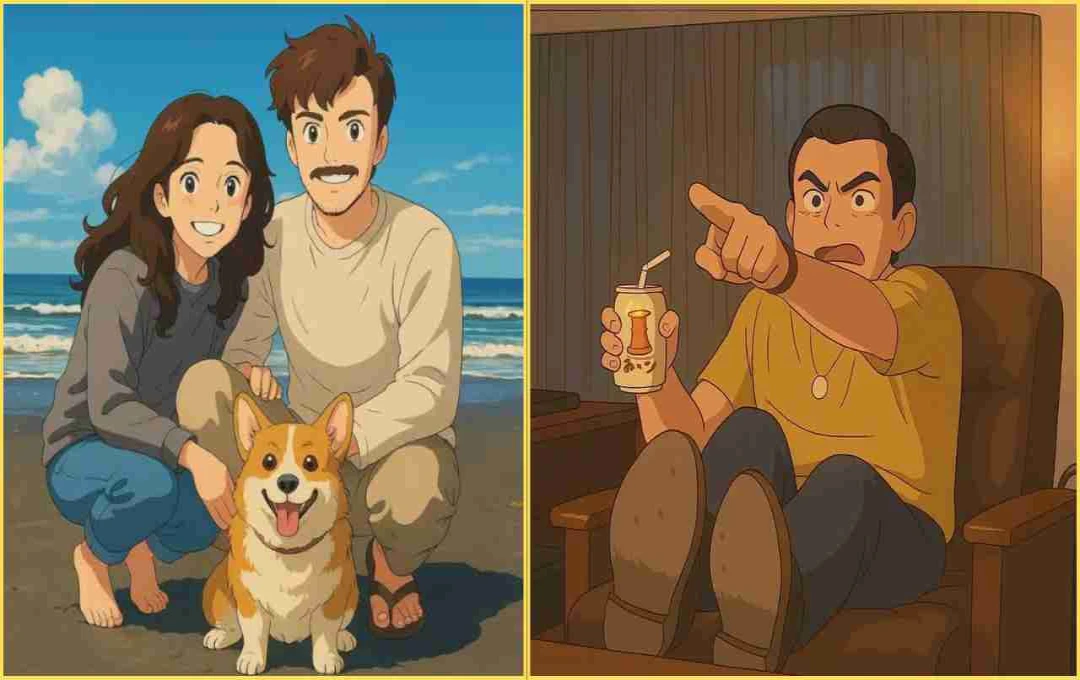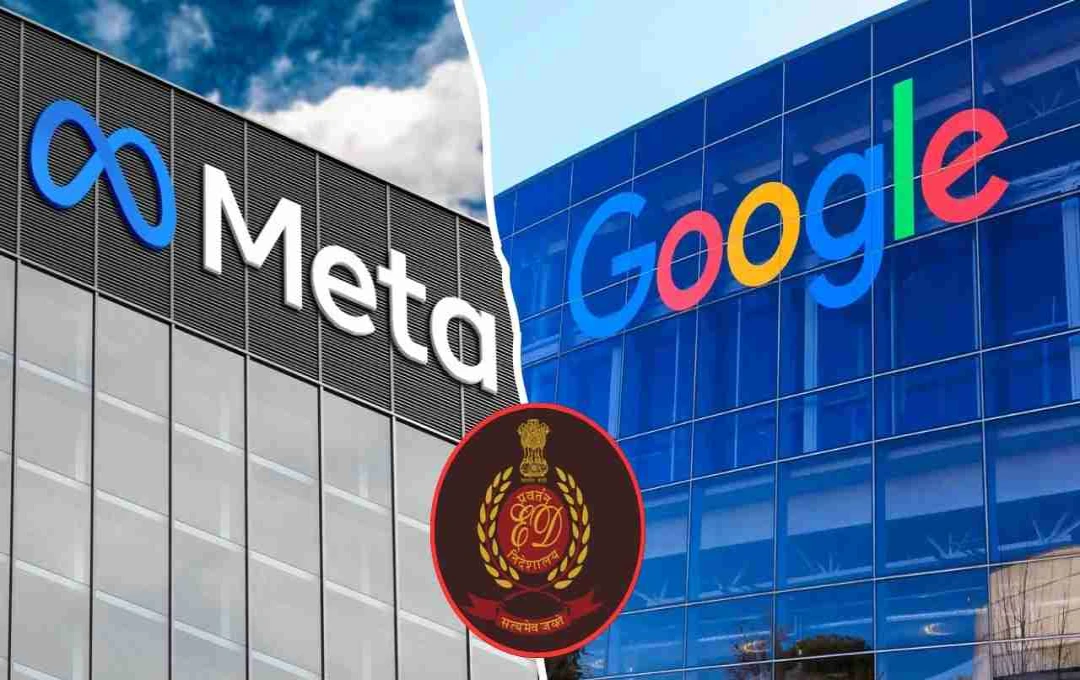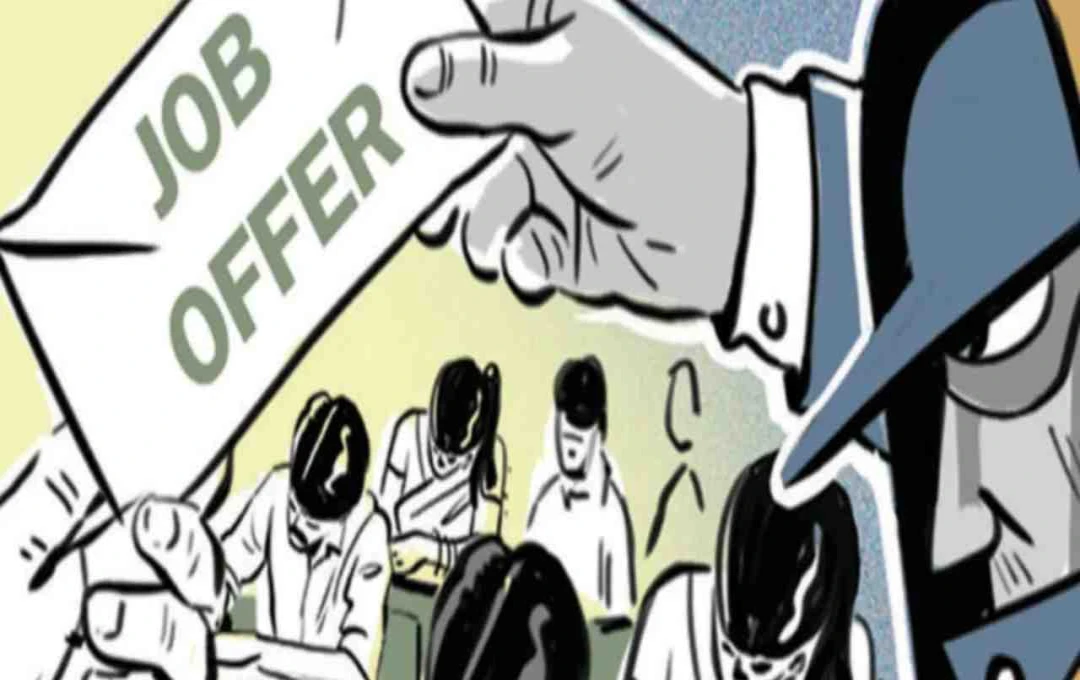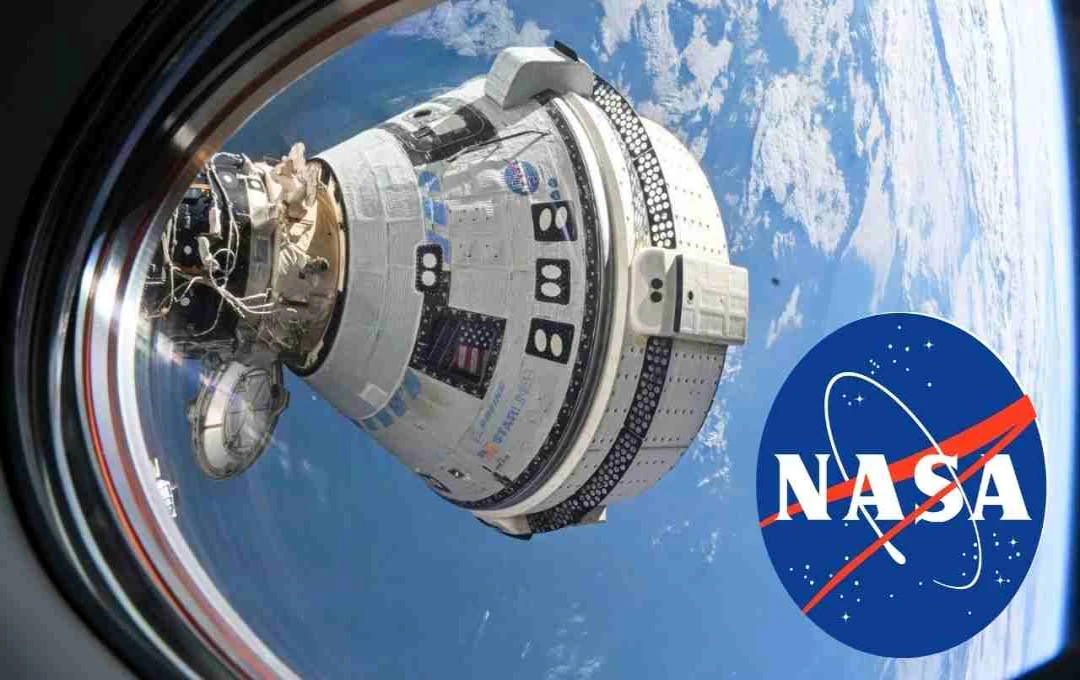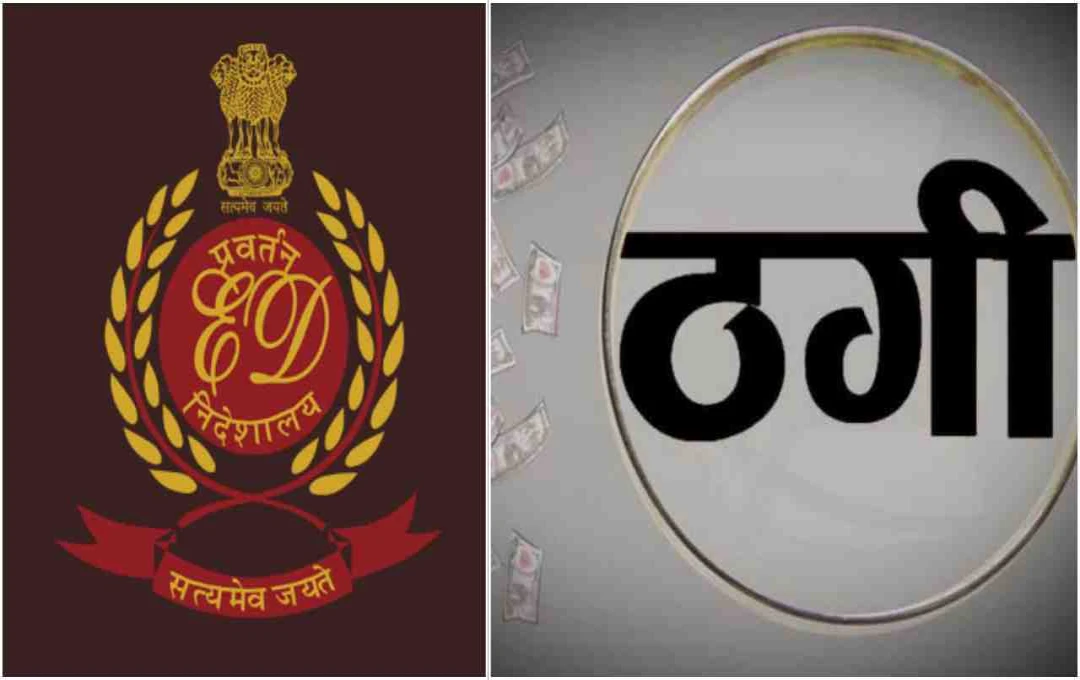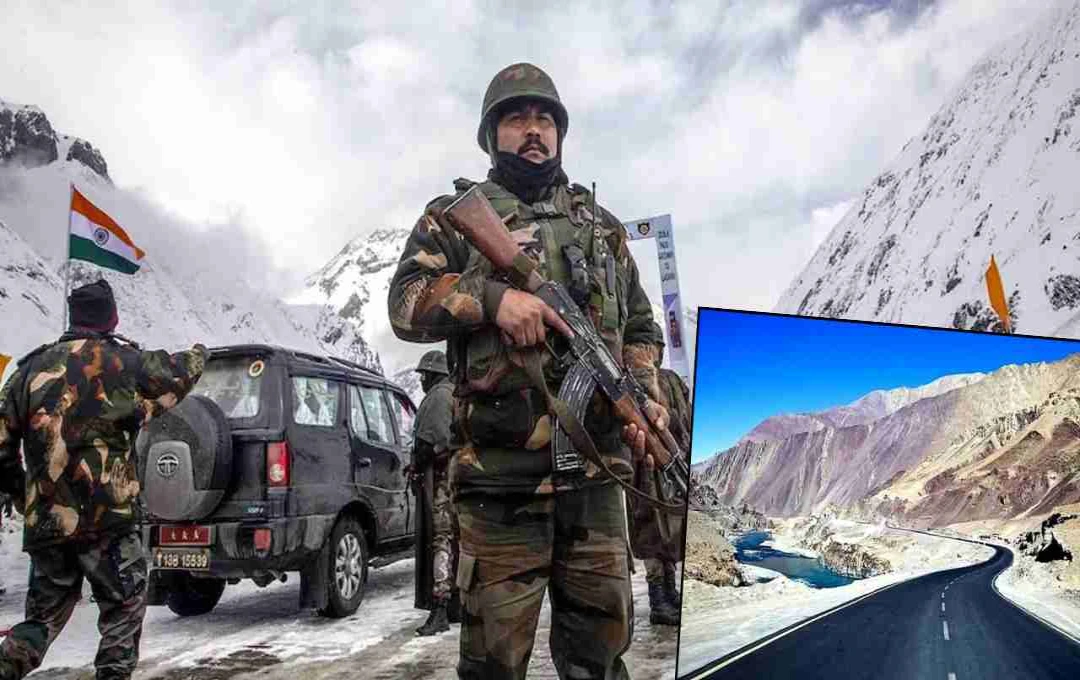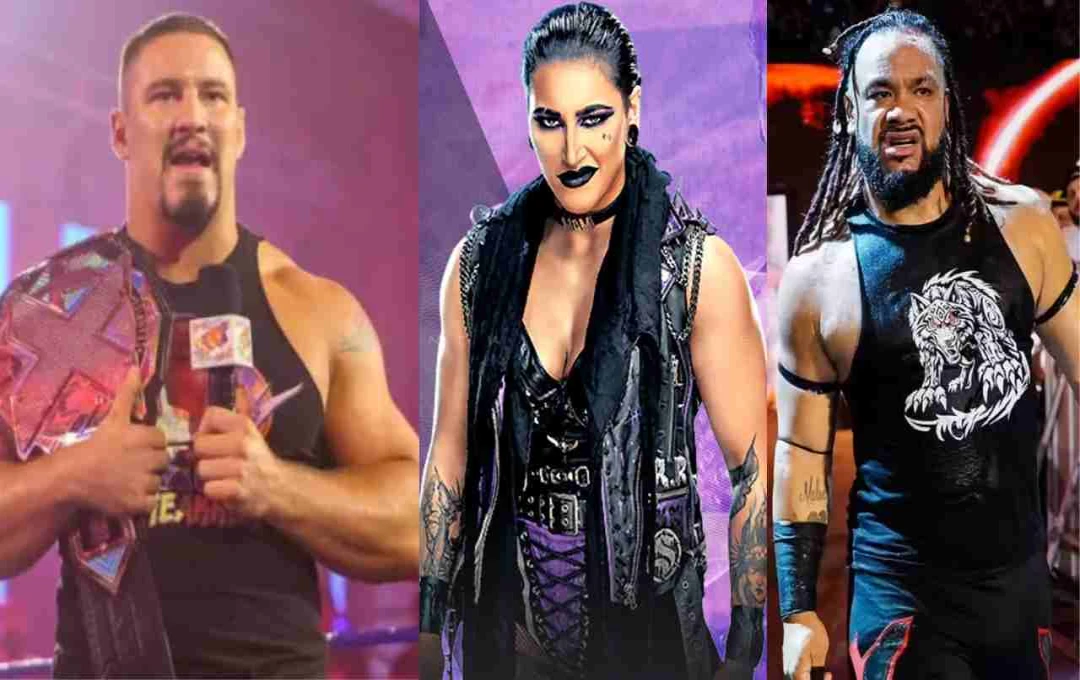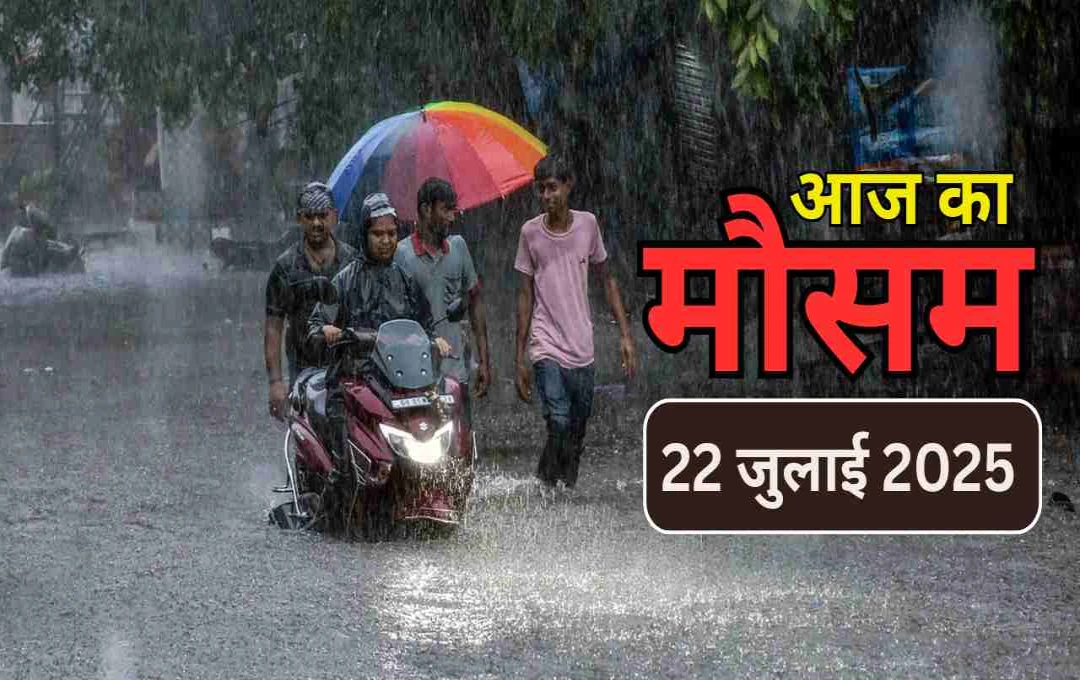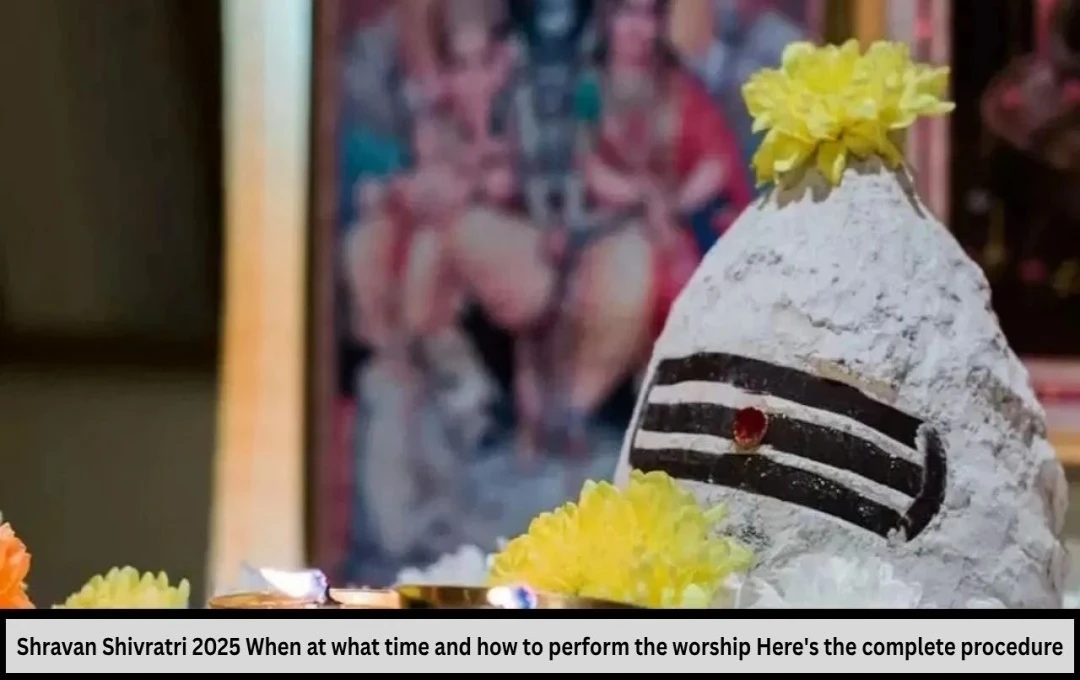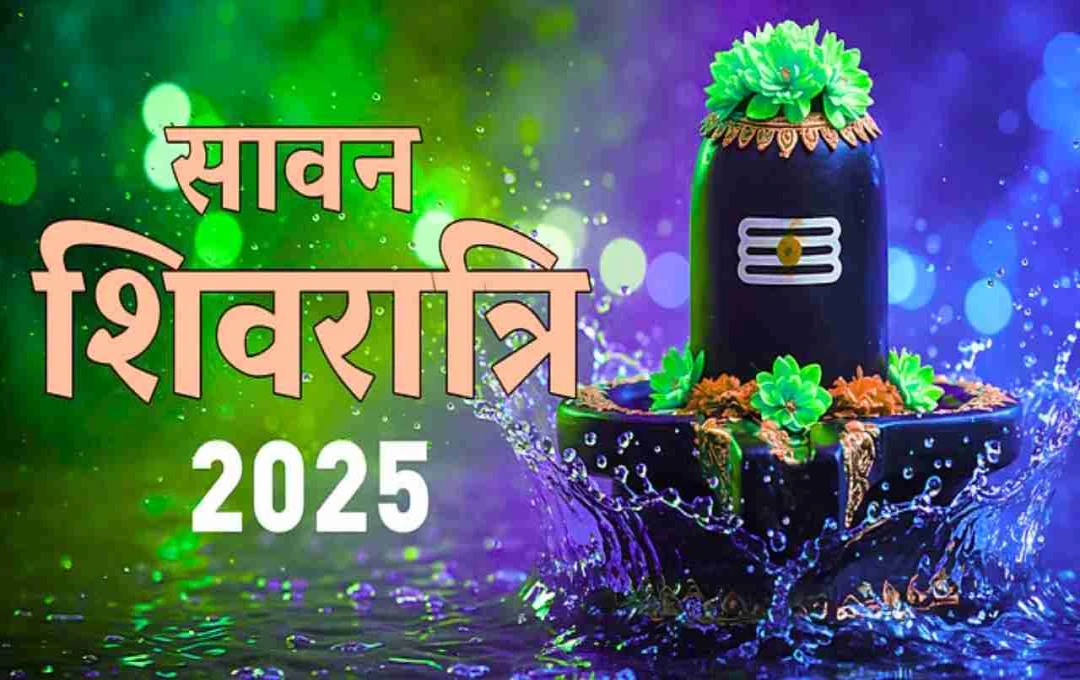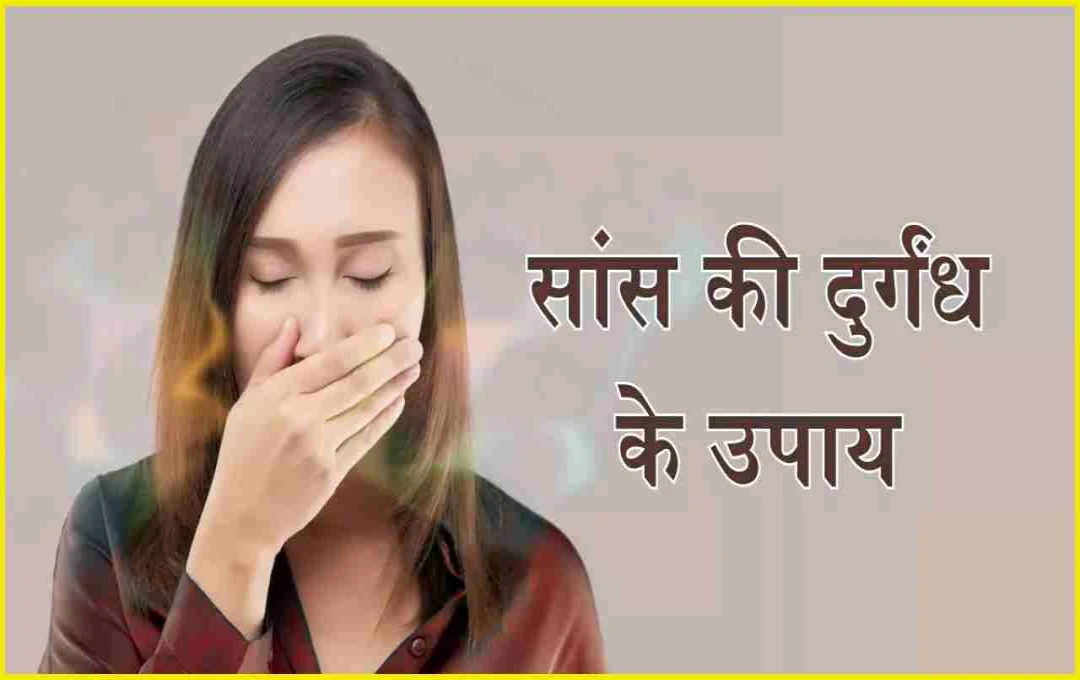If you've recently seen beautiful, animation-like images on social media, where people resemble characters from Studio Ghibli films, you're not alone. This is OpenAI's new Ghibli trend, which has taken the internet by storm. From ordinary individuals to government accounts and Bollywood stars, everyone has participated in this trend. However, behind this colorful and artistic trend lurk some dangers that could pose a significant risk to your personal information.
What is the Ghibli Trend?
The Ghibli trend is an AI-based image generation trend where users convert their real photographs into the style of Studio Ghibli films. Studio Ghibli is a renowned Japanese animation film studio, which has gained worldwide popularity through films like My Neighbor Totoro, Spirited Away, and Howl's Moving Castle. This AI trend gained momentum after the launch of the image generation feature in OpenAI's GPT-4o model.
How Did the Trend Go Viral?
The trend was first popularized by Grant Slatton, a software engineer from the United States. He transformed a family photo into the Ghibli style using AI and shared it on social media. This post went viral, garnering over 50 million views. Subsequently, users, influencers, brands, and even India's government account, MyGovIndia, participated in the trend worldwide.
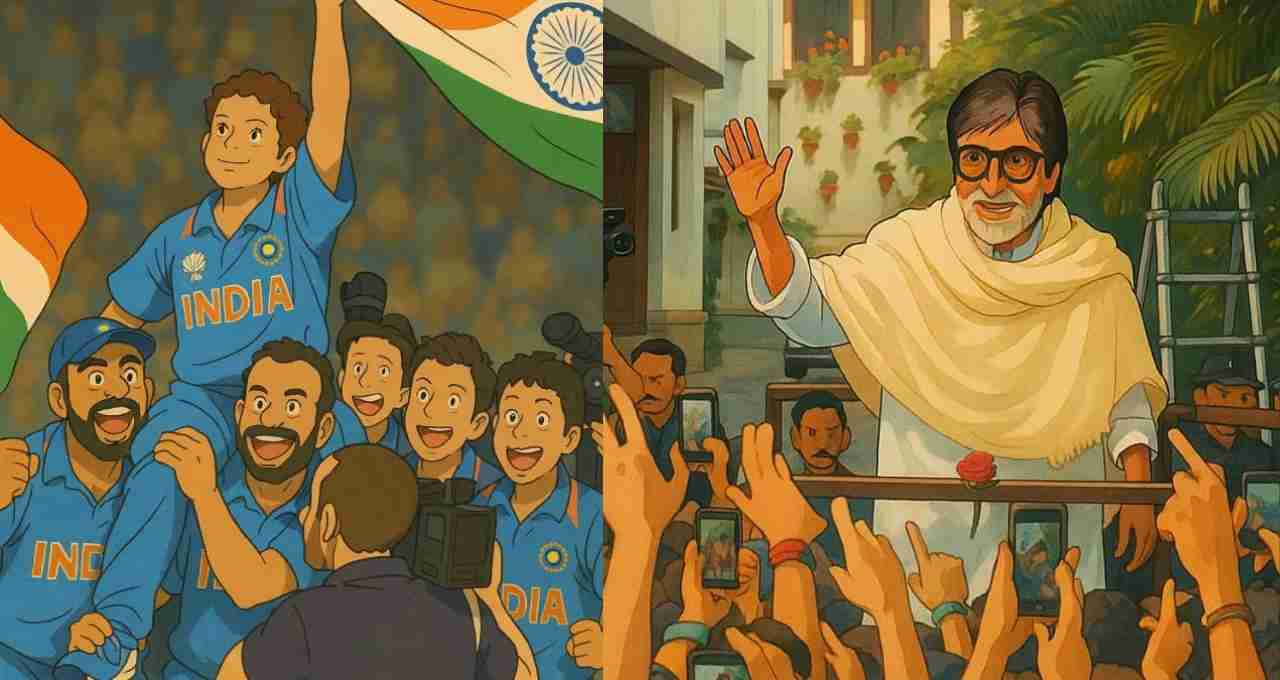
Big names like Sachin Tendulkar and Amitabh Bachchan also joined the trend, posting their AI-generated Ghibli-style photos, further accelerating its spread.
The Technology Behind It: OpenAI and GPT-4o
In March 2025, OpenAI launched its GPT-4o model, capable of processing not only text but also image and audio inputs. The company subsequently added an image generation tool to ChatGPT, allowing users to upload their pictures and transform them into any style – the Ghibli style being one of them.
This feature was initially available only to paid users but was later rolled out to free users. Consequently, millions were drawn to this feature.
The Hidden Danger: Privacy and Data
The Ghibli trend, while appealing, can be dangerous, particularly regarding data security and privacy. According to information provided on OpenAI's website:
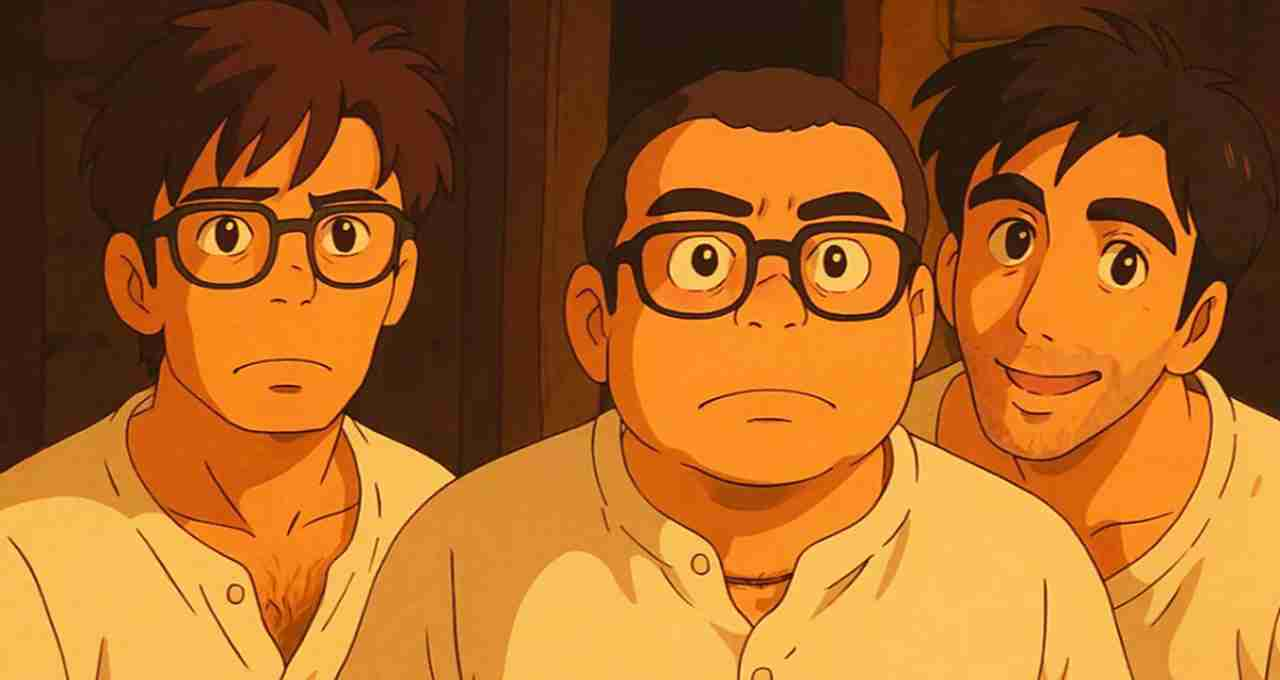
- Images, text, or other files uploaded by users can be used to train the company's AI model.
- If the user doesn't manually opt-out in the settings, their photos and input data may be stored on OpenAI's servers.
- Even after deletion, it may take up to 30 days for the data to be completely removed.
This means that if you playfully submitted your photo to the AI, it could remain on OpenAI's servers for a month – and that data could be used by the company to improve its AI systems.
A Warning for Average Users
Most people don't read the terms and conditions; they simply want to participate in the trend. However, this carelessness can lead to significant problems. Your photos, your face, and associated visual data could be used in the future for face recognition, advertising, or even dangerous tools like deepfakes.
Experts warn that AI trends like Ghibli could open new avenues for deepfake technology, where your AI-generated image could be misused.
How to Avoid or Stay Safe with This Trend?

- Think before uploading a photo – is this picture worth sharing?
- Read the Terms & Conditions – understand how your information might be used.
- Check Privacy Settings – opt-out in OpenAI's settings.
- Don't share AI-generated photos everywhere – such as on Facebook, Instagram, Twitter, etc.
- Avoid face-based AI apps – unless absolutely necessary.
OpenAI's Response?
OpenAI claims its services operate with transparency, and users are given the option of 'data control'. If you go to ChatGPT's 'Settings' and uncheck 'Improve the model for everyone', your data will not be included in the training.
However, the reality is that very few users are aware of or change this option. Therefore, experts believe OpenAI should provide clearer information about its use of user data.
